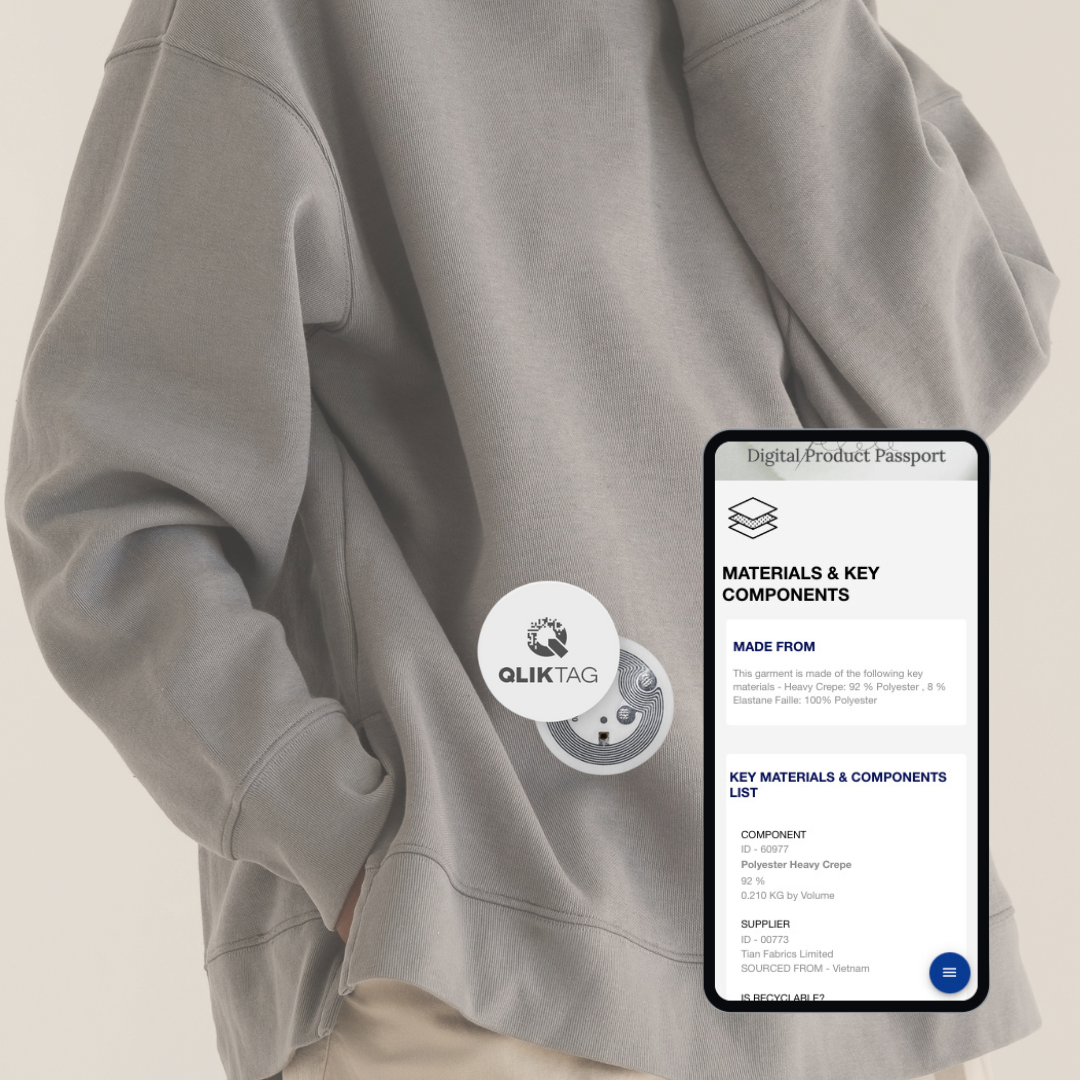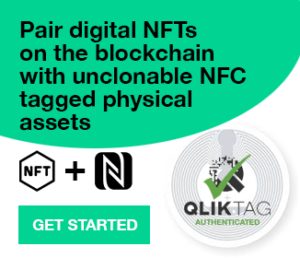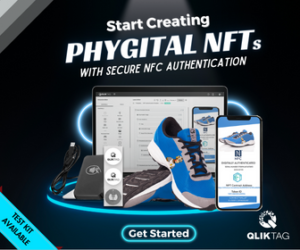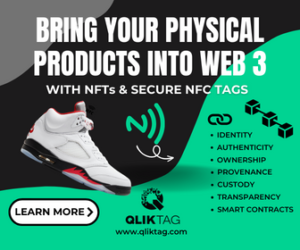Digital Product Passport for textiles is now a regulatory requirement. The European Union is leading the charge towards sustainability and transparency in the textile industry with its pioneering Digital Product Passport (DPP) initiative. This regulation mandates that textile, apparel, and fashion brands operating within the EU must equip their products with digital product passports. This move aims to provide consumers and stakeholders with comprehensive information about the lifecycle of textile products, promoting sustainability and ethical practices.
Understanding the EU Digital Product Passport Regulation
The Digital Product Passport (DPP) is a part of the EU’s broader strategy to achieve a circular economy. Introduced under the Sustainable Products Initiative, the DPP is designed to digitally track and document the entire lifecycle of a product, from raw material extraction to end-of-life disposal. For the textile and fashion industry, this means each piece of clothing or textile product sold in the EU must come with a digital passport containing detailed information about its origin, production processes, materials used, and environmental impact.
The regulation requires brands to include data on the sourcing of raw materials, manufacturing locations, labor practices, environmental impact, and guidelines for recycling or disposal. By providing this information, the EU aims to foster transparency, allowing consumers to make informed purchasing decisions while encouraging brands to adopt more sustainable and ethical practices.
Implementation Challenges for Brands
Implementing digital product passports presents several challenges for textile and fashion brands. Collecting and verifying detailed information about each product requires significant effort and resources. Brands need to establish robust data collection mechanisms across their supply chains, often necessitating collaboration with suppliers, manufacturers, and logistics partners. Additionally, the information must be accessible, accurate, and regularly updated to comply with the regulation.
Moreover, integrating DPPs into existing product lines and systems can be technically complex. Brands must ensure that digital passports are seamlessly linked to each product and easily accessible to consumers. This often involves the use of serialized QR codes, RFID tags, or other digital identifiers embedded into the product that consumers can scan to access the product’s digital passport.
The Role of Technology in Enabling Compliance
Technology plays a crucial role in helping brands meet the EU’s digital product passport for textiles requirements. Advanced digital platforms and solutions are essential for managing the vast amounts of data associated with each product. These platforms must provide secure, scalable, and user-friendly solutions that facilitate data collection, storage, and sharing.
One such solution provider is Qliktag, which offers a comprehensive technology platform specifically designed to help textile, apparel, and fashion brands implement and deploy digital product passports for textiles. Qliktag’s platform streamlines the process of creating and managing digital product passports, ensuring compliance with the EU regulation while simplifying the integration into existing product lines.
Qliktag: Simplifying Digital Product Passport for Textiles Implementation
Qliktag’s technology platform provides an end-to-end solution for brands looking to comply with the EU’s digital product passport regulation. The platform offers a suite of tools and features that facilitate the creation, management, and deployment of digital product passport for textile and clothing products. The platform automatically generates GS1 digital link standard URLs for every individual item manufactured which can then be bulk encoded into NFC tags, serialized QR codes, RFID tags or other identifiers that can be used to activate and access the digital product passport.
Key Features of Qliktag’s Solution & Digital Product Passport for Textiles
- Comprehensive Data Management: Qliktag’s platform enables brands to collect, organize, and manage detailed product data efficiently at all levels whether at the LOT / Batch, SKU, Pallet, Shipping Container or Serial Item level. It supports data from various sources, ensuring that all required information is captured accurately.
- Easy Integration: The platform is designed to integrate seamlessly with existing systems and workflows. Brands can easily link digital product passports to their products using QR codes, RFID tags, or other digital identifiers, making it simple for consumers or partners within the supply chain to access the information or securely update it through its lifecycle.
- Real-Time Updates: Qliktag allows brands to update product information in real-time, ensuring that consumers always have access to the most current data. This feature is crucial for maintaining compliance with the EU regulation and fostering trust with consumers.
- Scalability: Whether a brand is managing a small product line or a vast catalog, Qliktag’s platform scales to meet their needs. The solution is flexible and can grow with the brand, accommodating increasing data volumes and complexity.
- User-Friendly Interface: The platform’s intuitive interface makes it easy for brands to create and manage digital product passport for textiles without requiring extensive technical expertise. This reduces the learning curve and accelerates deployment.
- Flexibility & Adaptability: The Platform is designed to be flexible and adapt to the changing requirements of the Digital Product Passport regulatory requirements which are constantly being updated. The platform architecture ensures brands are future proofed and can easily make updates to the product passport, the design, the data attributes and other aspects without having to reprint codes, labels or anything on the physical product.
The EU’s digital product passport regulation marks a significant step towards sustainability and transparency in the textile industry. By requiring brands to provide detailed information about their products, the regulation empowers consumers to make informed choices and encourages brands to adopt more sustainable practices. Implementing digital product passport for textiles can be challenging, but technology solutions like Qliktag offer a streamlined and efficient way to comply with the regulation. With Qliktag, brands can manage their product data effectively, ensuring that they meet regulatory requirements while enhancing their commitment to sustainability and ethical practices.
In conclusion, the digital product passport for textiles is not just a regulatory requirement but a transformative step towards a more sustainable and transparent future for the textile, apparel, and fashion industry.



